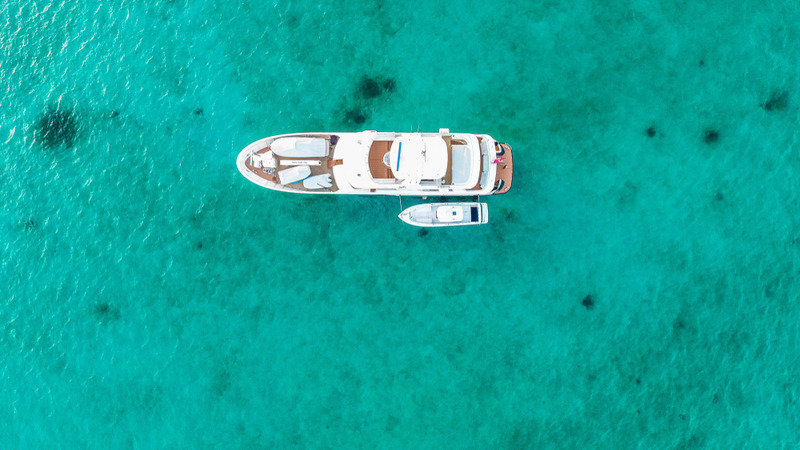On October 17, 2018, the Canadian Parliament passed Bill C-45, or more popularly known as the Cannabis Act. This legal action legalized and regulated the sale and consumption of cannabis in Canada. Since the first dispensaries began being active, people have been wondering about how this affects marine transport ,vessels and Canadian vessel documentation. In this article, we’re taking a look at all the latest changes.
Having cannabis on your vessel – what you can and cannot do
Since vessels like yachts or bigger boats are meant for leisure and relaxation, there is bound to be contact with cannabis. However, the recent legalization efforts don’t give you the liberty to do everything you want. The latest legislation allows adults to have smaller amounts of cannabis in their possession. Having cannabis on your boat isn’t a criminal offense anymore.
If you have cannabis on your vessel, you will have legal repercussions if:
- The cannabis on the vessel is purchased in a foreign country
- The cannabis on the vessel doesn’t come with a receipt and confirmation of purchase on Canadian soil
- The vessel has entered foreign waters while the cannabis is on your boat
The conclusion of cannabis possession laws on vessels comes down to only one legal declaration – you can only have cannabis on your yacht or boat if:
- The vessel hasn’t existed Canadian waters
- The cannabis has been purchased on Canadian territory
Be aware of the limitations while carrying cannabis. The chances are that customs officers will be extra vary while looking through your vessel documentation. Before such a situation takes place, contact us at National Vessel Registry Center Corp. to sort everything. What about operating a boat under the influence of cannabis?

Bill C-46
In addition to Bill C-45, the Parliament has acted to amend the Criminal Code through the new additions to driving offenses. Now that cannabis is officially legal, the Code can recognize it as a drug that impairs cognitive abilities and that operating a vessel under its influence is illegal. What does Bill C-46 say then?
According to this expansion of the Criminal Code, you can’t have more than 5ng of THC in your blood within two hours of operating a vessel. If a higher level is discovered, there are varying legal repercussions depending on your level of impairment. Never operate a vessel under the influence of cannabis. You’re not only risking your life but potentially disrupting other maritime traffic as well.
Other things you need to know
If there are minors on the vessels, you are forbidden to have any opened or unsecured cannabis products. Be ready to prepare the documentation related to cannabis, as well as your vessel. You don’t want any problems with the law.
Don’t risk Coast Guard officers causing problems because of incomplete paperwork. Fill out our form and get your vessel documentation online. It’s easy. Call toll free: +1 (800) 419-9569 (Canada) if you have any questions!

